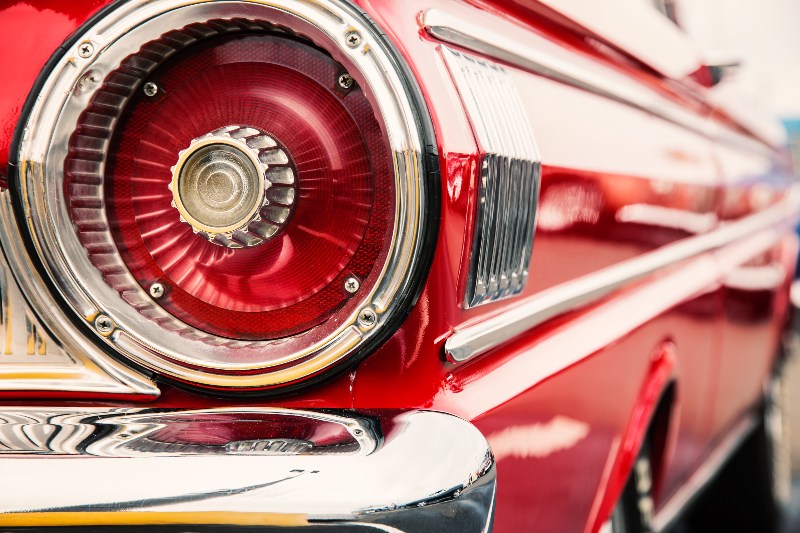New to Classic Car Restoration? Start Here

Restoring a classic car is arduous and demanding work, but it’s a labor of love. However, it can be a little overwhelming trying to figure out how to start for those who aren’t an expert vehicle mechanic. In reality, starting is the easy part. Following through to the finish requires time, money, patience, skill, and the services of a garage or a workshop fully stocked with the right tools. However, it also brings with it a sense of pride. Whether you keep the car or decide to sell it, the art of vehicle restoration is no easy task.
Do Your Homework
Many newbies to classic car restoration get so excited about the process that they forget to take key factors into account. Start by deciding which car you want to restore. Take the time to do some research, find out if it’s even possible to find the parts to restore the vehicle in question. For instance, if you’re restoring an old Chevy pickup, and you can’t find Stovebolt Chevy Body Panels, you won’t be able to finish the job without paying someone to manufacture bare sheet metal. Some cars and trucks are so old that the parts necessary to fix them aren’t available or aren’t manufactured anymore.
Restoring classic cars also takes a lot of time and money. It’s unfortunate but true. If you don’t have the money to fix the vehicle in a timely manner, it can take the enjoyment right out of the process. It’s also crucial to ensure you can afford to spend an appropriate amount of time on the restoration without neglecting family or work obligations. As for money, each car is different. Start by setting a budget that can not only be followed, but that’s also realistic enough to allow for some leeway in either direction.
How to Find the Right Classic Car
Finding the right car is a delicate balance. Most try to find a car they love and restore it to a very high standard while staying within budget. However, it’s a fine line. One of the best places to start looking is in the classifieds, either online or in the newspaper. However, be sure to view the actual car before shelling out the cash. The internet is ripe with scams, but it can be an incredibly useful resource when used with care. Simply put, do the research to find the right one and be sure it’s a smart investment.
Find the Right Tools or a Great Garage
If you’re going to outsource the work to a garage, look for one with exceptional standards that can do high-quality work. If you’re going to complete the restoration, there are some general tools every garage should have:
· Pliers
· Socket and wrench sets
· Sheet metal scissors
· Drills and drill bits
· Screwdrivers
· Wire brushes
· Air compressors
· Floor jack
It’s a good idea to either purchase or rent some more expensive tools too, such as:
· Welder
· Blowtorch
· Grinder
· Engine crane
· Engine stand
Decide Between Authenticity vs. Personality
It’s a hotly disputed topic amongst restoration specialists whether to fix a car into its original condition and remain accurate or add some personality and flair. While many purists think cars should only be restored to their former (authentic) glory, it’s okay if you decide to veer away from an accurate restoration. As long as you’re happy and love the final product, that’s what matters.
Classic Car Restoration Whether it’s going to be a DIY project or something for the local garage, restoring a classic car is an enjoyable process. Seeing the transformation from something unloved into a magnificent machine truly is one of the most extraordinary experiences for classic car enthusiasts. No matter what kind of vehicle you choose, expect to complete some challenging but ultimately gratifying work.